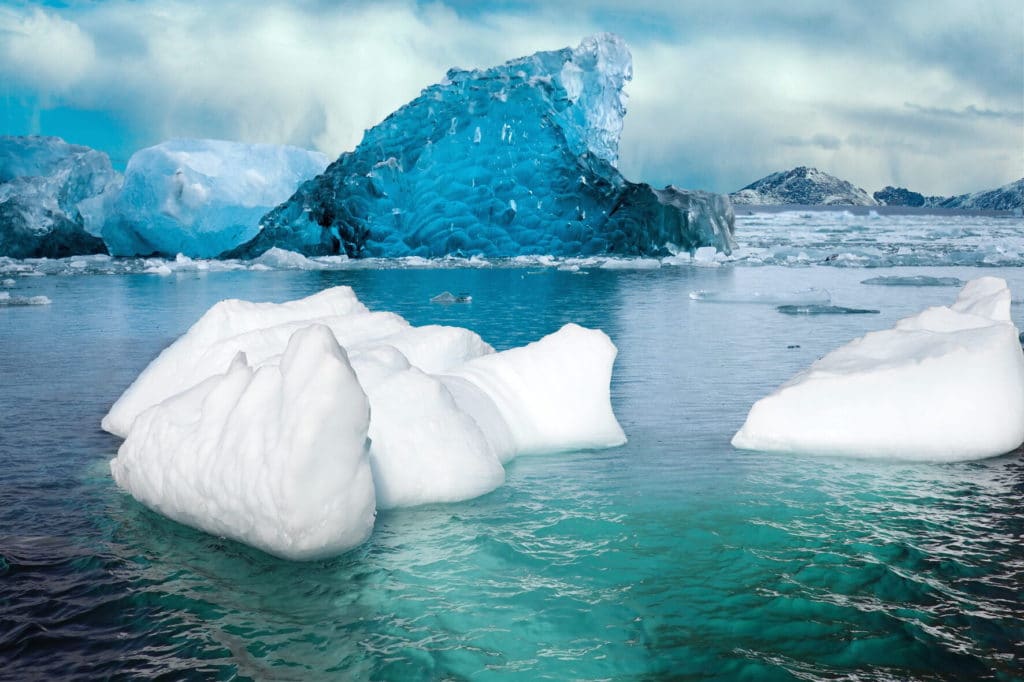A study-published in the journal Nature- has revealed that the Greenland ice cap is losing an average of 30m tonnes of ice an hour due to the climate crisis and that is 20% more than was previously thought.
Some scientists are concerned that this additional source of freshwater pouring into the north Atlantic might mean a collapse of the ocean currents called the Atlantic meridional overturning circulation (Amoc) is closer to being triggered, with severe consequences for humanity.
Major ice loss from Greenland as a result of global heating has been recorded for decades, according to the study. The techniques employed to date, such as measuring the height of the ice sheet or its weight via gravity data, are good at determining the losses that end up in the ocean and drive up sea level.
However, they cannot account for the retreat of glaciers that already lie mostly below sea level in the narrow fjords around the island.
In the study, satellite photos were analysed by scientists to determine the end position of Greenland’s many glaciers every month from 1985 to 2022. This showed large and widespread shortening and in total amounted to a trillion tonnes of lost ice.
Read also: Report: More than 160 elephants die in Zimbabwe, with many more at risk
“The changes around Greenland are tremendous and they’re happening everywhere – almost every glacier has retreated over the past few decades,” said Dr Chad Greene, at Nasa’s Jet Propulsion Laboratory in the US, who led the research. “It makes sense that if you dump freshwater on to the north Atlantic Ocean, then you certainly get a weakening of the Amoc, though I don’t have an intuition for how much weakening.”
A recent study suggested the collapse could happen as soon as 2025 in the worst-case scenario. A significant part of the Greenland ice sheet itself is also thought by scientists to be close to a tipping point of irreversible melting, with ice equivalent to 1-2 metres of sea level rise probably already expected.
The study used artificial intelligence techniques to map more than 235,000 glacier end positions over the 38-year period, at a resolution of 120 metres. This showed the Greenland ice sheet had lost an area of about 5,000 sq km of ice at its margins since 1985, equivalent to a trillion tonnes of ice.
The most recent update from a project that collates all the other measurements of Greenland’s ice found that 221bn tonnes of ice had been lost every year since 2003. The new study adds another 43bn tonnes a year, making the total loss about 30m tonnes an hour on average.
The scientists said: “There is some concern that any small source of freshwater may serve as a ‘tipping point’ that could trigger a full-scale collapse of the Amoc, disrupting global weather patterns, ecosystems and global food security. Yet freshwater from the glacier retreat of Greenland is not included in oceanographic models at present.” The influx of less dense freshwater into the sea slows the usual process of heavier salty water sinking in the polar region and driving the Amoc.
Story was adapted from the Guardian.
